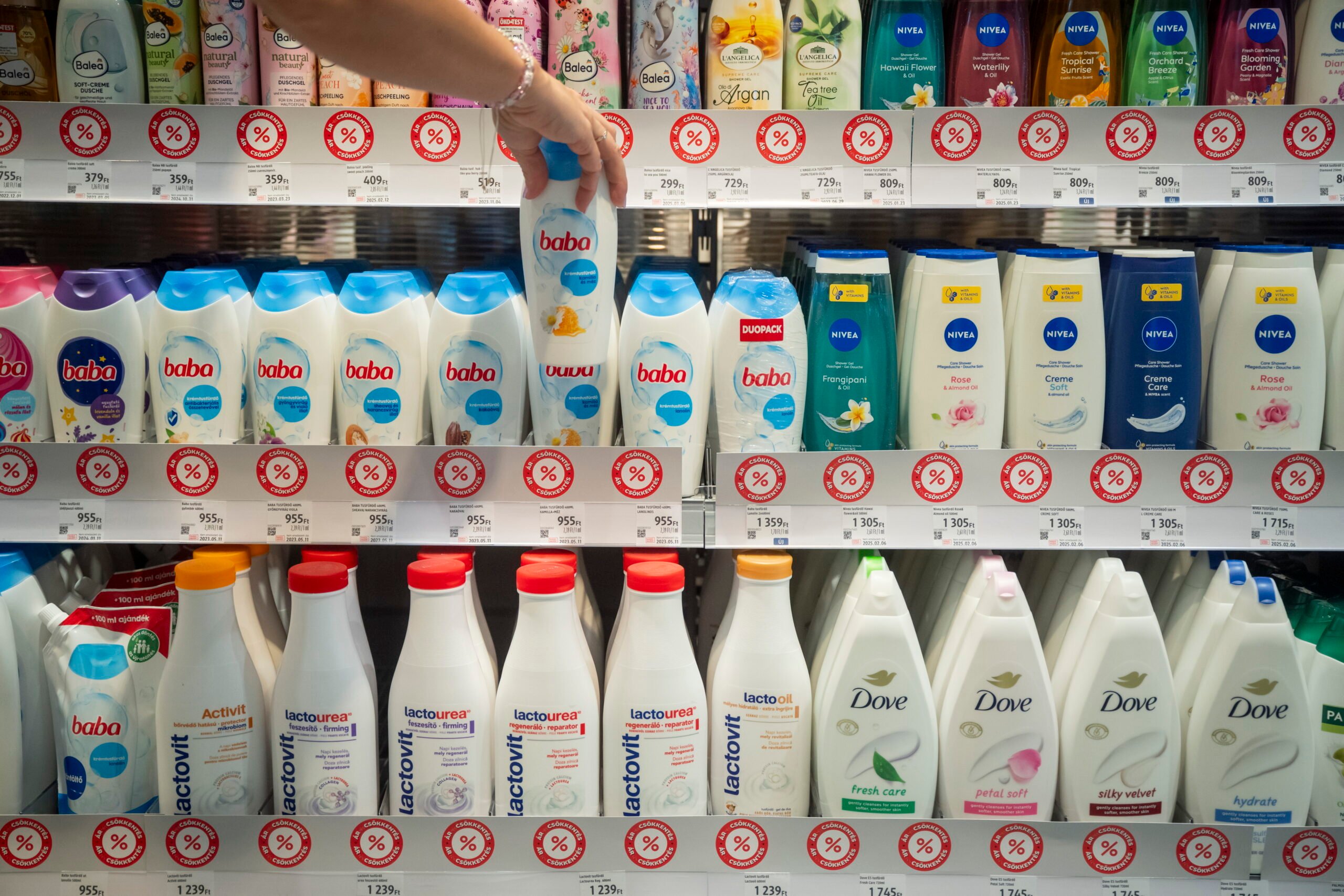
The government has reduced the mark-up on 30 different product categories in drugstores.Continue reading

The European Commission has launched two infringement proceedings against Hungary over price margin restrictions affecting non-Hungarian-owned businesses, the Brussels executive body revealed on Wednesday.
In its statement, the EU Commission said it had called on Hungary to ensure equal treatment of economic operators in relation to food and non-food products. The first procedure relates to restrictions on the sale of certain food products by food retailers. The second procedure covers similar restrictions for the sale of certain non-food products by drugstores.
“The freedom of establishment pursuant to Article 49 TFEU requires public authorities to ensure the equal treatment and non-discrimination of economic operators and to refrain from restricting economic activities unless such restrictions are justified to attain certain public interest considerations,” they noted.
According to the Commission, Hungary restricts the price margin between purchase and sale prices for certain products to such an extent that foreign-owned companies are unable to cover costs in excess of the purchase price of the products, and are therefore forced to sell their products at a loss.
Hungary has two months to respond to the letters of formal notice and remedy the identified shortcomings. In the absence of a satisfactory response, the Commission may decide to issue reasoned opinions, wrote the Brussels body.
In a social media post, the Hungarian Government responded to news of the latest infringement proceedings, stating that “Brussels attacked Hungary today because it deems the profits of multinational companies to be insufficient.” According to the government, this means that the EU wants to remove price margin restrictions, increase prices, and exempt multinational companies from taxes.
They believe Brussels only cares about Ukraine and the profits of multinational companies. “They want Hungarian families to foot the bill for supporting Ukraine and pay for the profits of multinational companies,” the post concludes.
Via ec.europe.eu, Featured image: MTI/Balogh Zoltán